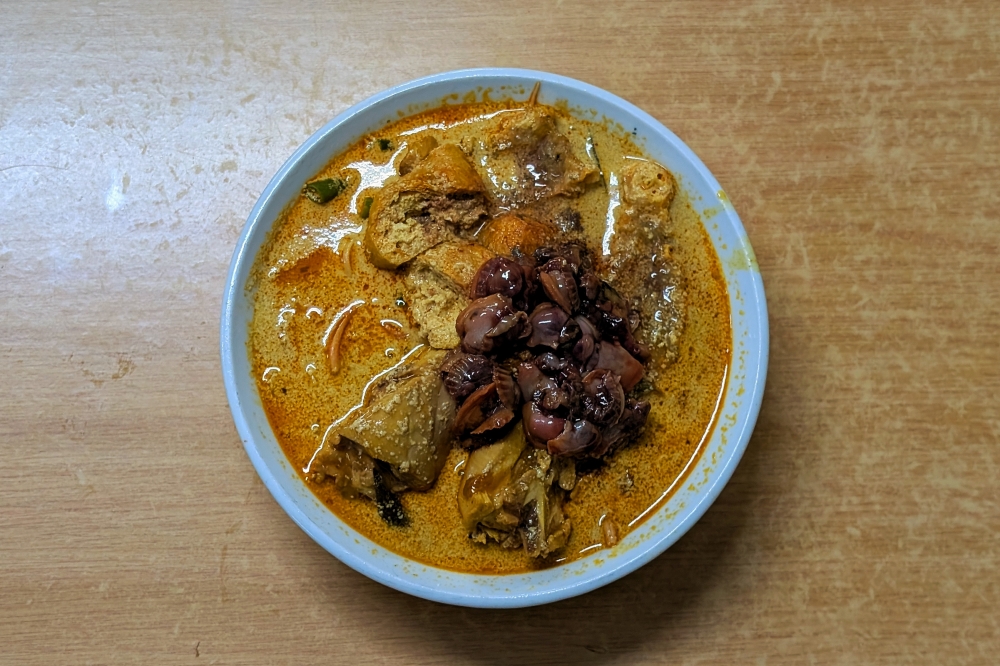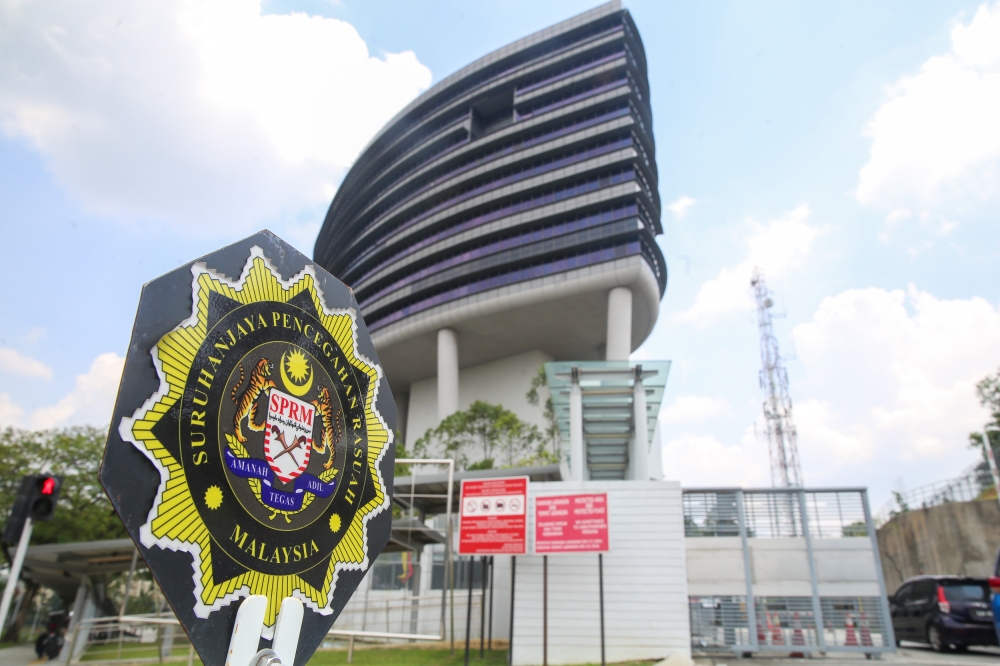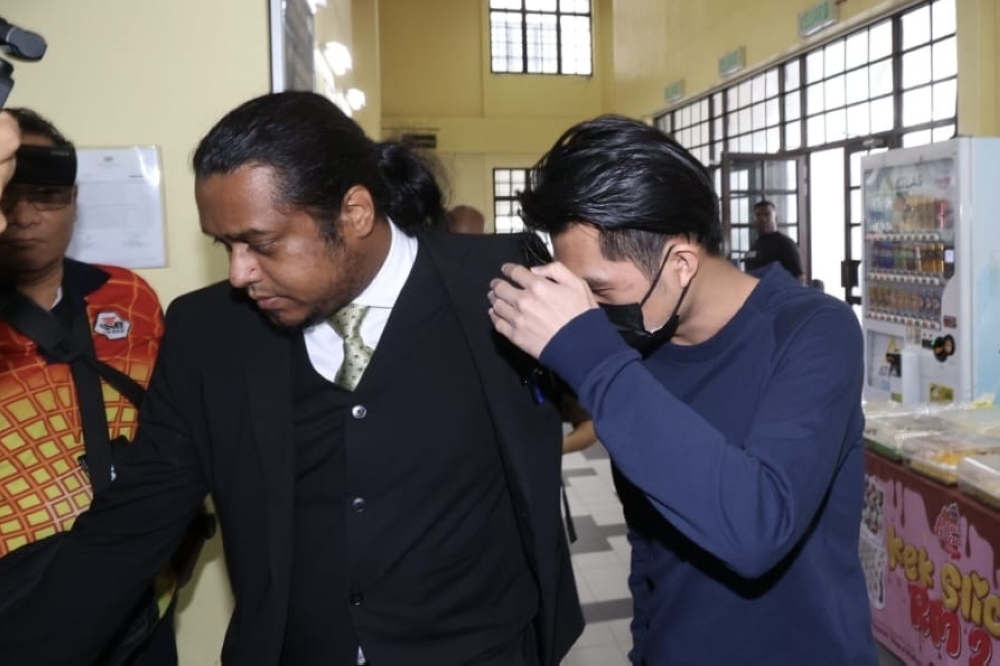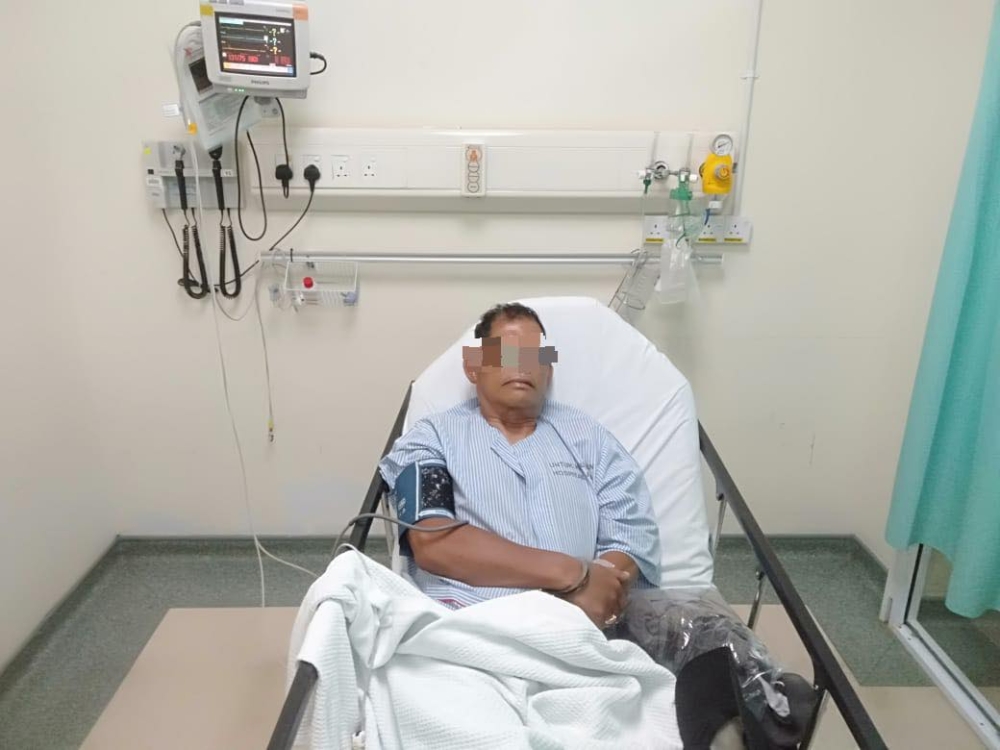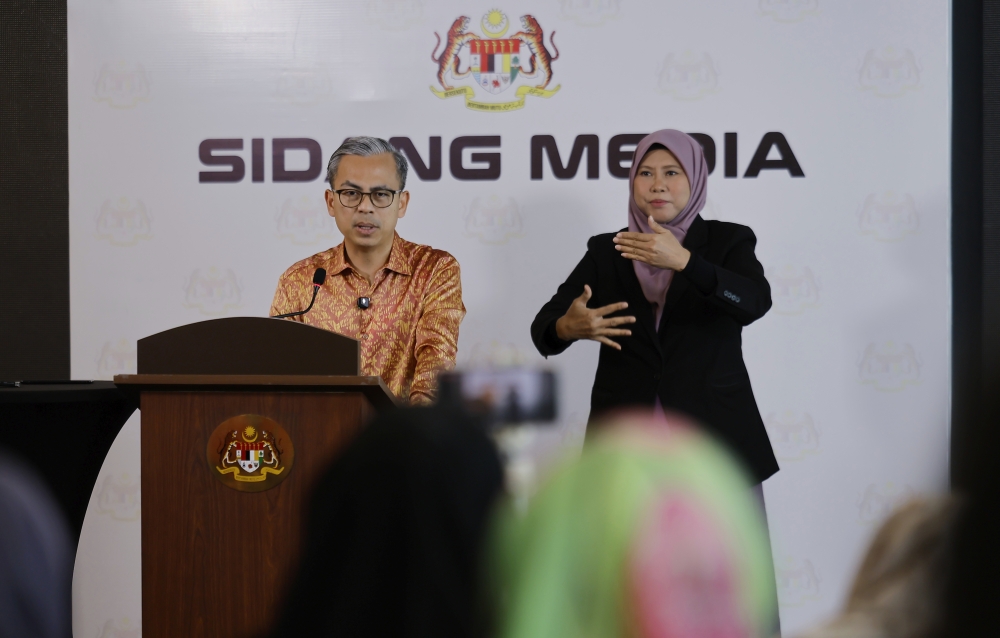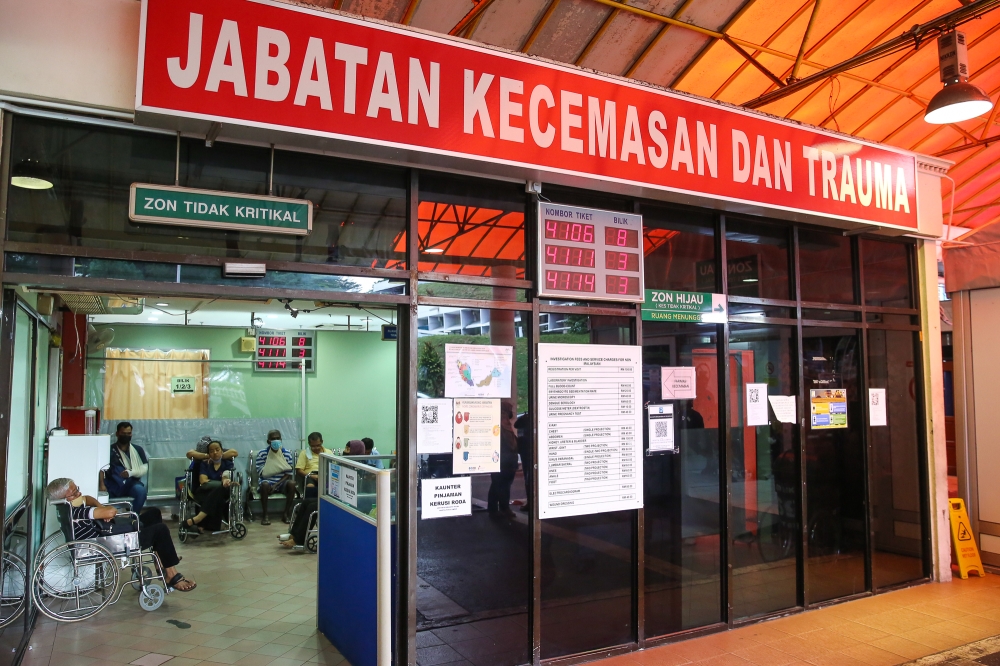SEMPORNA, July 25 — Malaysia’s marine biologists say human factors can be ruled out as the cause of the mysterious skin disease plaguing sharks near popular dive spots in Sipadan Island near here, but further investigation is needed to find definitive answers to help the sharks.
Marine experts were prompted to conduct further investigations into the phenomenon but their efforts are limited to a short-term basis due to several factors.
They need funds to support a long-term research on the diseased shark phenomenon, which has gone viral on the internet.
Davies Austin Spiji, a senior marine biologist with non-profit conservation group Reef Guardian, said a Universiti Malaysia Sabah (UMS)-led investigating team had conducted the first field work from April to early May.
Besides Davies, the team has five researchers, Dr Mabel Manjaji Matsumoto, Dr Rafidah Othman, Muhammad Ali Syed Hussein, Dr Zarinah Waheed and Dr Mohd Tamrin Mohd Lal, from the Borneo Marine Research Institute of UMS (BMRI-UMS).
“The researchers were able to see skin disease in every group of the sharks they encountered, but did not manage to catch the afflicted sharks to obtain samples of the affected skin for lab analyses on the microbes responsible for the disease at Sipadan water.
“Human factors can be ruled out, but warming ocean could be one of the factors as the investigating team found the sea surface temperature at Sipadan had risen to 29.5 degrees Celsius in May, a degree higher than in 1985, but still more research is needed to find the answer.
”It’ll probably take two years at least to be able to fully monitor and address the trend of the diseased shark phenomenon,” he told Bernama.
Sipadan Island, which rose 600 metres from the seabed off the east coast of Sabah in Semporna, more than 550 kilometres from Kota Kinabalu, is home to around 400 species of fish and hundreds of coral species.
Named for the distinctive white tips on their fins, Whitetip Reef Sharks are typically found resting in schools around reefs in the day and are a popular attraction for divers.
Davies said efforts to conduct further field samplings were hindered by a lot of factors, such as the movement control order travel restriction, lab closure and researchers’ reluctance to go sampling until they have been fully vaccinated.
“We’ll continue with data collection and gathering all the supporting information. The research team is actively seeking funds from elsewhere to support a longer-term multi-stakeholder efforts on this issue (of diseased sharks),” he said.
Davies said the research team is supported by Sabah Parks officers and rangers based in Sipadan, adding that Sabah Parks, as the manager of Sipadan Island Parks, is providing seed-fund to mobilise the research team.
He said the fund was sourced from the Coral Triangle Initiative (CTI), namely Sabah grant under the ‘CTI Sabah Goal 3: Marine Protected Areas (MPAs) Established and Effectively Managed’ flagship. — Bernama


